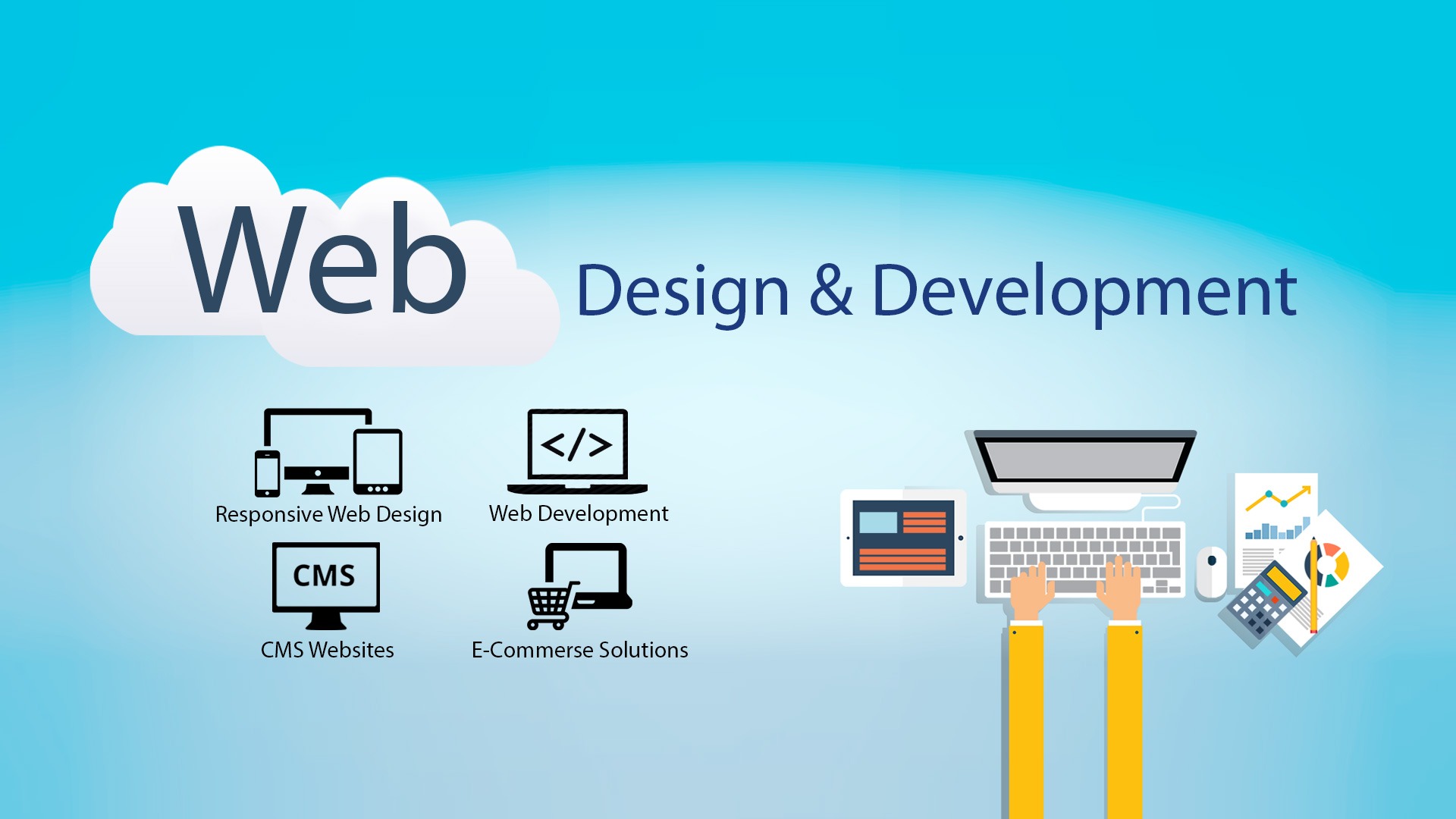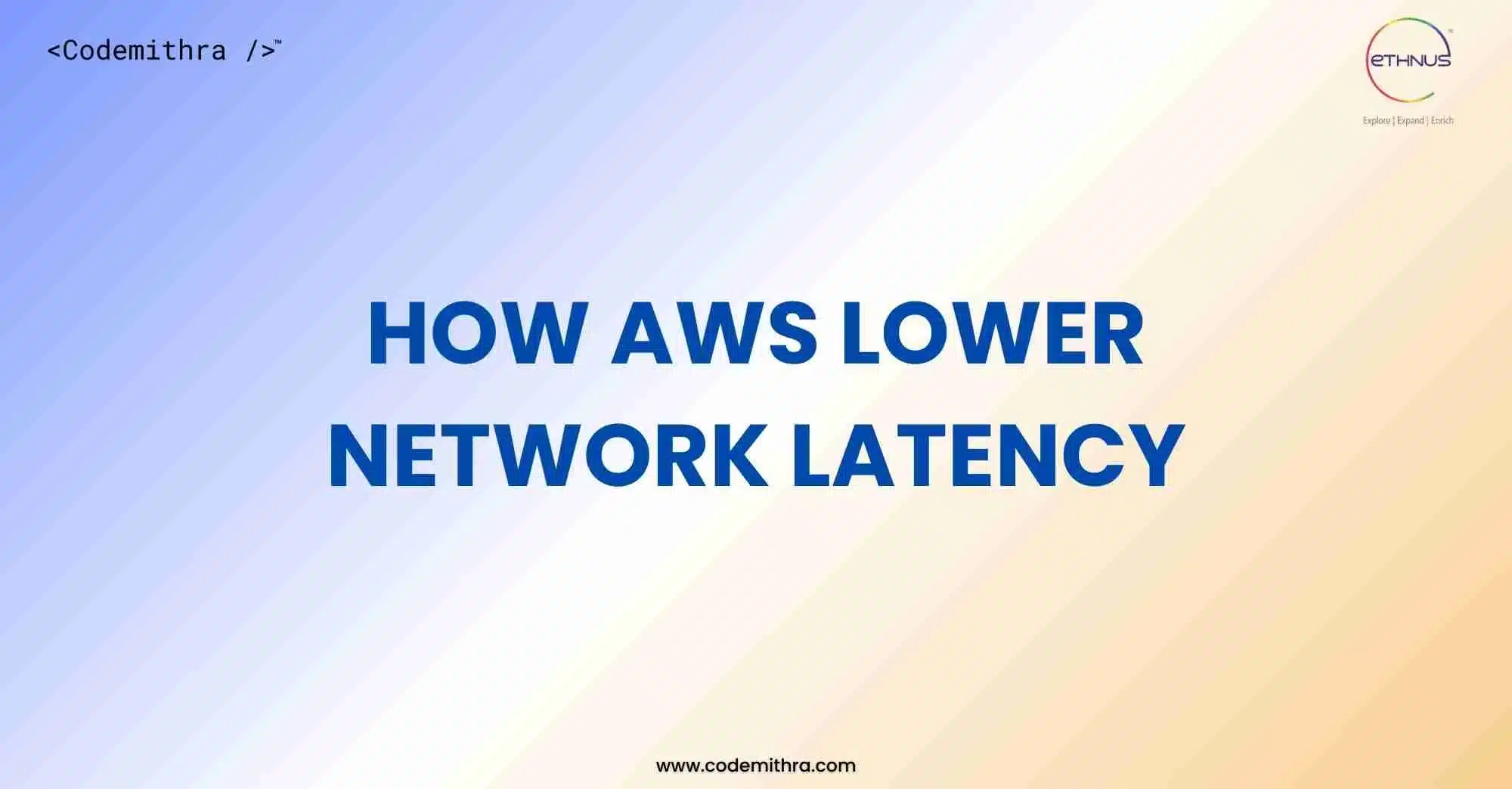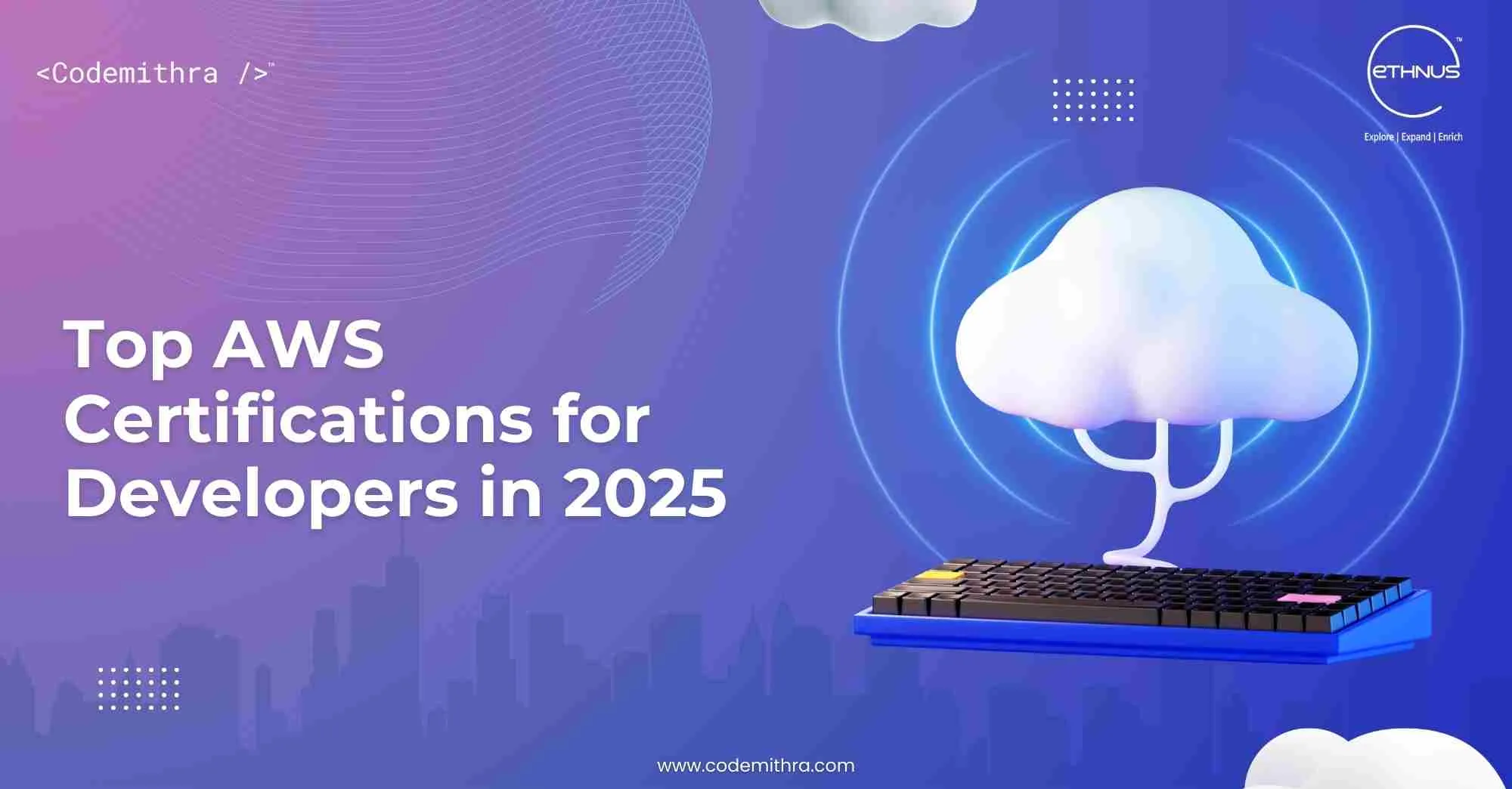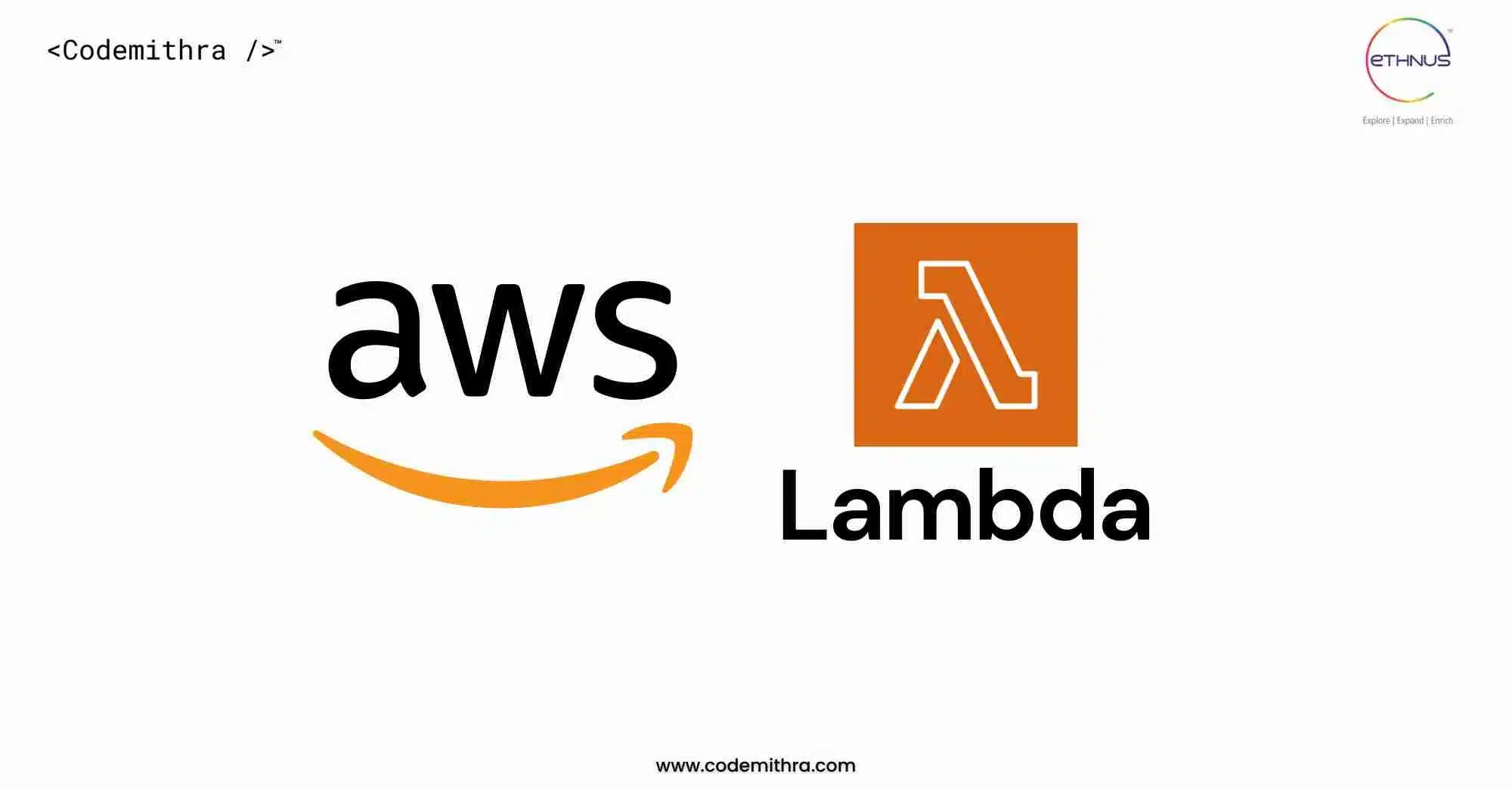Web technology is the current fast-growing, one of the trending technologies, and experienced web developers easily crack a well-paid job in IT companies and startups. Web development is a mere skill and can be also easily acquired. I will be a briefing on web development and even provide tips and courses to start with it, as we go deep into this article, keep reading to know!
History Of Web Development
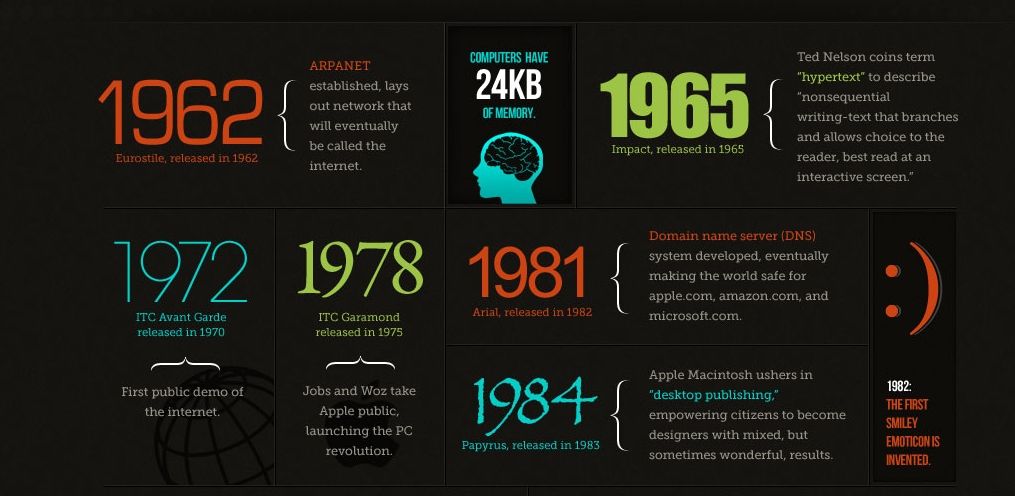
Behind this beautiful art of web development, there is an interesting history as like any other technology has Tim Berners-Lee, a British Scientist, invented the world wide web (www) in 1989, while working at CERN, that all of us just type on our browsers while typing most of the common URLs leading to a beautiful appearing web page or a web application! A few years after this event, in 1991, the first-ever web site was developed by him. The web was originally conceived and developed to meet the demand for automated information-sharing between scientists in universities and institutes around the world.
Let’s Dive into Web Development
Web development has been one of my favorite past time tech hobbies since the time I first learned it. The basics are amazing and as one goes into its intricacies, for sure will fall for it. As I started to take a deep dive into it, I realized that web development is not all about building a web page that meets our eyes. There is still a lot of backend stuff that goes on. It even includes database interactions, development of end to end web applications, knowledge of various scripting, and backend languages. The web has widespread across the current world and is a wide technological field in itself. In today’s world, there are a lot of libraries and frameworks being developed and even are developed that are used in full-stack web and mobile application development and is a very interesting technological field. I would be briefing full stack web development as we go further.
Front-end Development

As this article focuses on the basics on web technologies, let me first make it clear that in order to build a website, one must clearly know HyperText Markup Language, shortly called as HTML. This language forms the skeleton of any website. Now as a website can’t be just made beautiful using the skeletal language, one must even know Cascading Style Sheets(CSS) in order to give a good appearance to our website and make it well readable and understandable. This comprises the simple website front end. In order to make it functional or give precise animations, one must even know JavaScript, JS that is termed as a scripting language. Just like how in a human body, nerves provide the functionality, skeleton provides the stability and structure, skin and hair with beautiful clothes provide decency and beauty, JS, HTML and CSS play the same role in web development. A website can be even built with only HTML and CSS, for example, a simple ‘about me’ website. JS can be optionally used to give an animation effect or say with jquery, a library of JS, to allow users to write a message and contact the person to whom the self-description website belongs. These three languages are considered as the heart of front end development and are most commonly used by front end web developers. Skipping even one of them would make our website pale, incomplete, and even not a website at all!
In my opinion, learning HTML is equivalent to eating a piece of cake even for amateurs but CSS requires a lot of memorization. JS would be easy if one knows the basic high-level C programming language, at least for the regular version of JS. In the current development scenario, developers mostly use the ES6 version of JS, which is the modern JavaScript. Learning this is a cakewalk, once one knows the regular version of JS.
Shallow dive into full-stack

You might have heard these names that are spreading like wildfire in the field of development, called react, angular, Django, flask, and many more such. If you want to go into the intricacies of web development and later become a full stack web developer then you must learn any one of these or for better at least two of these. React is a front-end applicable JS library that has made front end development quite easy and interesting. Angular is a framework that is based on TypeScript which is the superset of modern JS or ES6 and is even backward compatible with ES5. There is a library called AngularJS and this is purely based on JavaScript and is a front end applicable JS library. So this can be considered as an answer for the most confusing trending question in the set of frequently asked questions in the field of web development, that is the difference between Angular and AngularJS. Apart from these, there are a lot of other JavaScript frameworks most commonly used by developers like VueJS, EmberJS, BackboneJS, and much more such, these are not necessarily dealing with only the front end. Once you learn front end development you can go for backend and later work on a library or a framework, this will be a small step in getting you ready for the career of a full stack developer. A full-stack web developer is the one who deals with front-end and back-end development, database management, and database interaction with applications and builds an end to end application. He or she must be thorough with the knowledge of required programming languages and even the basics of networking. They are well paid, in the field of web development provided they have enough knowledge and experience. You can even extend your full-stack web development knowledge to develop mobile applications later once you are experienced, you do need to have a knowledge of JAVA, React-Native, and such for this purpose.
Backend Development

Heard of this often right? You might be wondering what it takes to become a backend web developer? It’s easy if you get the knowledge of back-end programming languages such as PHP, python(in its frameworks), MySQL, NodeJS, and many more. These are server-side languages and manage the interaction between the frontend and backend of a web application. If you are planning to become a full-stack web developer then it’s better you dive into this after you finish the front end. Knowledge of Database and front end interaction with databases, through a server, is compulsory to be known even for any other application or software development such as database management system or software, as data is something that’s generated in tons in the present field of technology. Hence learning these aspects will even help you get other good jobs apart from becoming a backend developer or a full stack developer.
You might have definitely come across a website asking to register and then later log in, almost every website asks it these days, which helps the admin to keep a track of users and even data of different users can be kept separate. Have you ever wondered how it works? A server-side language assists in this matter. When a user registers, data from the front end will be posted to the server and from there stored in a database, which is basically a data store having a collection of related data. When the user later logins, data from the front end is matched with data in the database through a server and we get outputs at the front end. All The server-side languages assist in these operations. Jquery, the library of JS and PHP are the most commonly used backend languages used for posting data from the front end to the server. Initially, when I started learning backend development, I was so fascinated with this process that I had experimented a lot on it and ended up finishing a mini-project. Hence, trust me this is the best way to get familiarised with web development.
Once you have certain knowledge on the backend and want to pursue a career as a full-stack web developer then now it’s time to take a dive into learning database interaction and management, frameworks, micro-frameworks, and libraries. Some of the most widely used frameworks are Django which is a framework developed over python, angular TypeScript framework, flask which is a python micro-framework, laravel developed on PHP, and many more such. In order to know more, you can shoot your browser on to trending web frameworks and libraries. You can further boost up your career even as a mobile application developer after learning the necessary development languages like java, swift, react-native as such.
You can even kickstart a very well paid career as a front-end or back-end web developer but your knowledge, skills and experience matter a lot to get well paid for the work of web development. Senior backend or front end web developers get highly paid for their skill and experience.
Getting Started
In order to start learning web development, I would suggest you to go through some youtube tutorials or some courses from coursera, udemy or simplilearn platforms. Do explore the ‘Node.Js Essentials’ course offered by Ethnus Codemithra where a clear picture of the JavaScript runtime environment, NodeJS is given. I personally recommend the site W3Schools where every concept of web development languages is clearly explained. The best way to gain experience in this field is to practice regularly by doing some mini projects, working on different libraries and frameworks which are popular and of your choice from them. This vast technological field of web development has a good scope in the coming future and can be a kick start to a well paid career.
Happy Learning!

